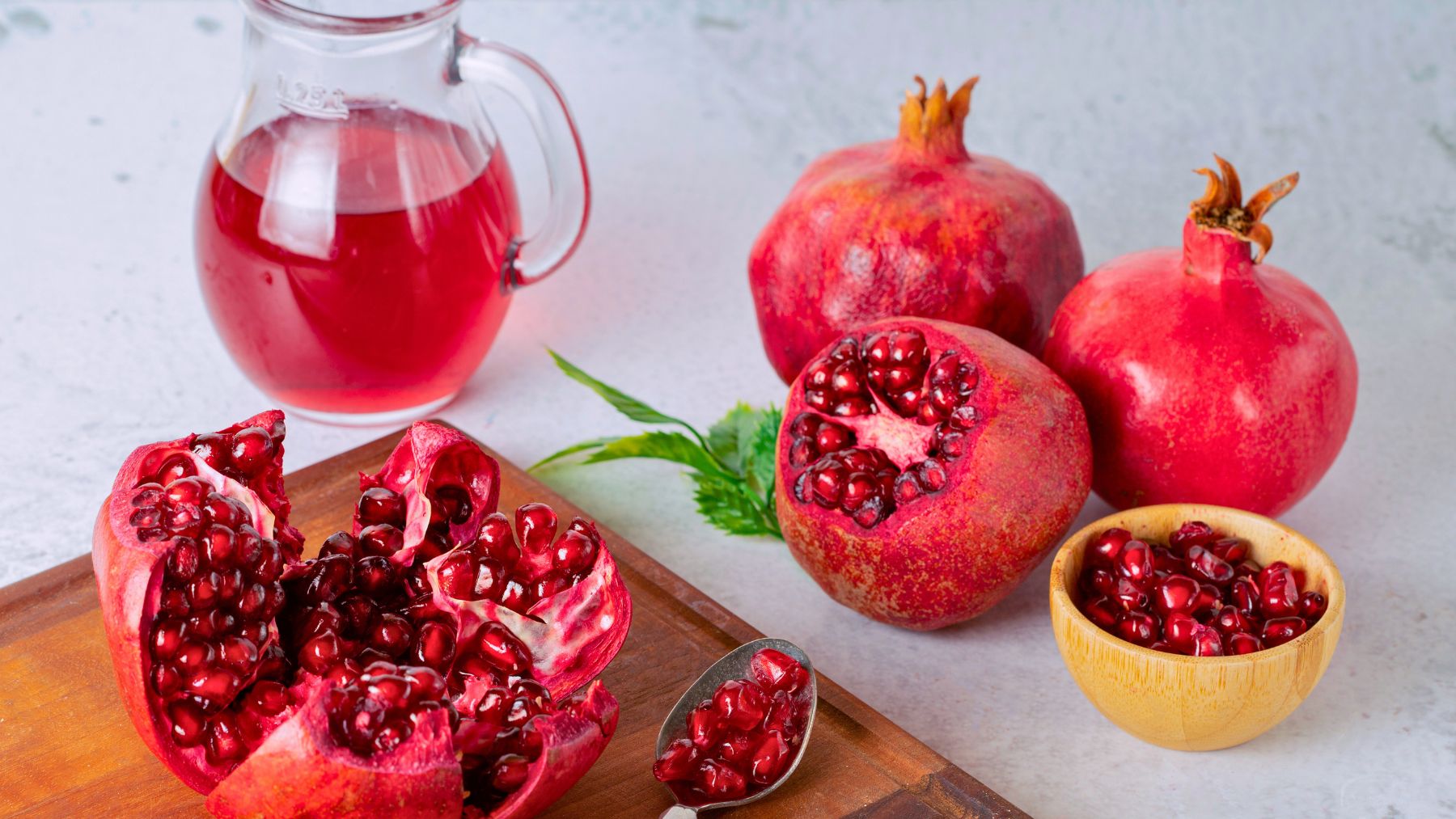As the weather cools, fall produce takes center stage, and it happens to line up perfectly with the Mediterranean diet. This way of eating, rich in fruits, vegetables, whole grains, beans, nuts, and olive oil, is known to support heart health, reduce inflammation, and help manage blood sugar. October brings a wave of seasonal foods that make it even easier to eat this way.
According to registered dietitian Lauren Manaker, MS, RDN, autumn is the perfect time to enjoy nutrient-rich Mediterranean staples. Let’s see what you should keep in your kitchen this season.
The Mediterranean diet foods to add this fall
These six Mediterranean diet favorites deliver taste and nutrition. They’re easy to find this time of year and can help you build balanced, satisfying meals without much effort.
1. Butternut squash
This bright orange squash is a fall favorite for good reason. It’s rich in vitamin A, potassium, and fiber, nutrients that support healthy vision, digestion, and heart function. Its natural sweetness and creamy texture make it perfect for both savory and sweet dishes. Try it roasted, blended into soup, or mashed into a sauce.
2. Lentils
Beans and lentils are staples of the Mediterranean diet, and fall is the season to lean on them. Half a cup of cooked lentils packs about 9 grams of protein and 8 grams of fiber, which help steady blood sugar and keep you full longer. They’re also full of polyphenols, antioxidants that protect against inflammation. Their earthy flavor pairs perfectly with onions, carrots, and root vegetables, ideal for soups, stews, or grain bowls.
3. Pecans
When people think of Mediterranean nuts, almonds or walnuts usually come to mind, but pecans deserve a spot too. Their buttery flavor makes them perfect for autumn, and they’re packed with heart-healthy unsaturated fats and vitamin E. Sprinkle them on oatmeal, salads, or roasted vegetables, or toss a handful into homemade energy bites for a quick snack.
4. Brussels sprouts
Peak season for Brussels sprouts runs through the fall, and that’s when they taste their best: sweet, crisp, and slightly nutty when roasted. Just one cup of cooked Brussels sprouts delivers more than your daily requirement of vitamin C and adds 4 grams of fiber. That’s great for immunity and digestion, especially when rich holiday meals start to roll in. For variety, try shredding them raw into a salad or sautéing them with olive oil and garlic.
5. Mushrooms
Hearty, earthy, and rich in umami, mushrooms are a satisfying meat substitute, which is a big plus if you’re cutting back on red meat. They’re also a source of B vitamins, selenium, and phytochemicals that protect brain cells from oxidative stress. “Research even links certain mushrooms to cognitive function benefits”, notes Manaker. Add them to pasta, risotto, or casseroles for an easy nutrient boost.
6. Pomegranates
Few foods feel as festive and nourishing as pomegranates. Their ruby-red seeds, known as arils, are loaded with antioxidants called anthocyanins, which may protect against heart disease. They’re also a good source of fiber, with about 4 grams per half-cup. They add a pop of color and sweetness to salads, yogurt bowls, or roasted vegetables.
Stocking up on these fall favorites doesn’t just make your meals more colorful—it keeps your kitchen in sync with the season and supports a diet backed by years of research. These Mediterranean staples make it easy to eat well while enjoying the best flavors autumn has to offer.

